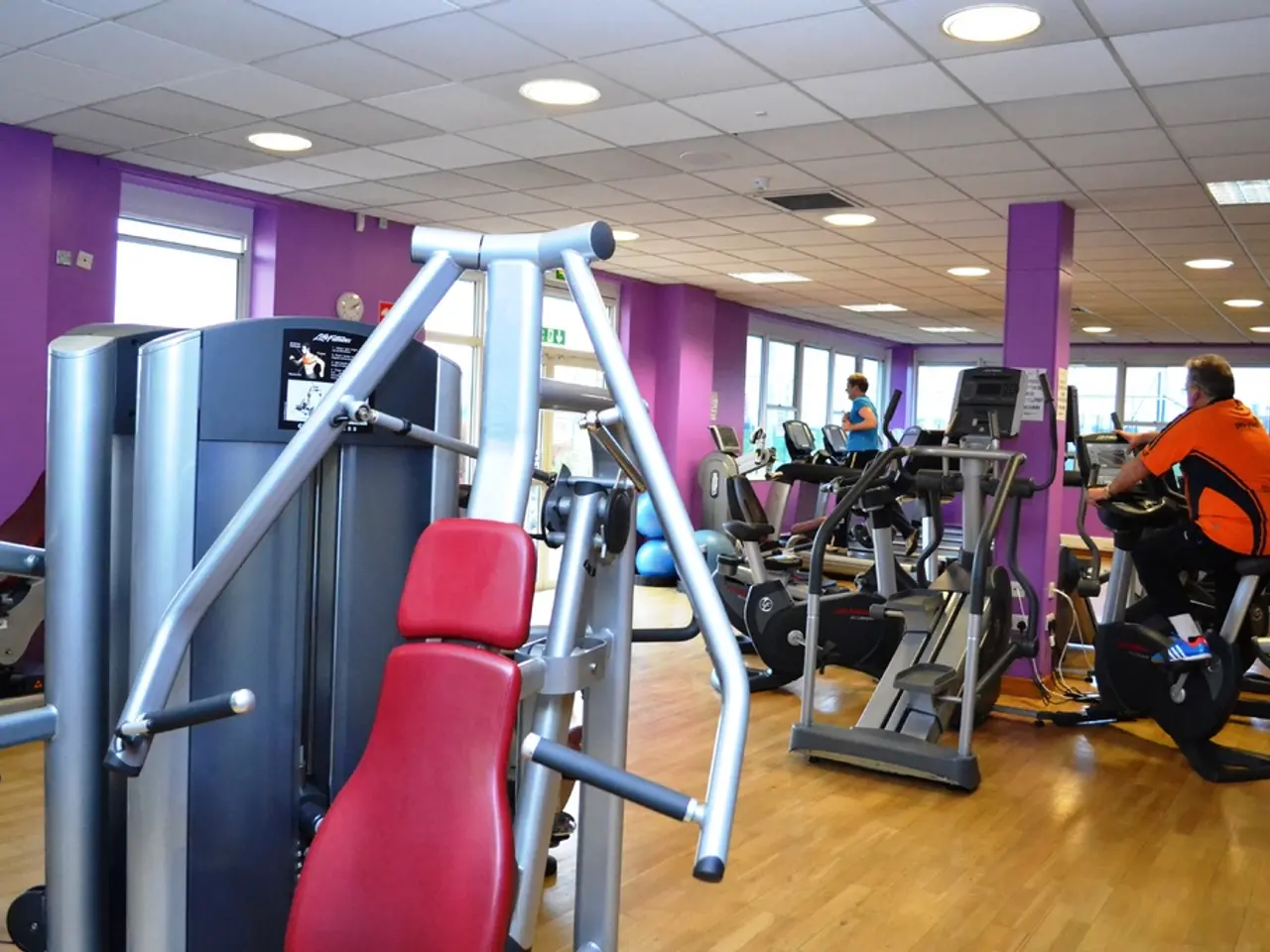Utilizing Fitness Tracking Devices to Maximize Your Workouts
Fitness trackers have evolved from simple devices that count steps to interactive coaching tools, offering actionable feedback, data-driven motivation, and holistic health insights. By personalising metrics, leveraging advanced biofeedback, integrating nutrition and hydration data, setting achievable goals, and engaging with adaptive coaching and community features, you can optimise the use of fitness trackers for enhanced workouts, progress monitoring, and overall health improvement.
Understanding your heart rate is essential for optimal performance, as it indicates exercise intensity and recovery status. By personalising your heart rate zones based on your fitness level and clinical guidelines, you can target appropriate aerobic and anaerobic thresholds during training. Utilising advanced physiological tracking such as blood oxygen saturation, VO₂ max estimation, heart rate variability (HRV), and ECG sessions post-high-intensity efforts further enhances training efficiency by identifying fatigue and cardiac adaptations.
Setting realistic, measurable fitness goals with a tracker can help keep you motivated and on track towards your health and wellness goals. By setting clear, achievable targets and building consistent routines, you can establish cues, like checking your tracker at the same time daily, to make activity habitual. Joining step challenges or leaderboards can boost motivation through friendly competition and accountability.
Incorporating adaptive coaching features provided by apps that use AI to adjust training loads and pace based on recovery, sleep, and stress data can dynamically modify workouts for resistance training and running. Integrating nutrition and hydration tracking apps with your wearable allows you to monitor calorie and fluid intake, improving workout output and recovery by matching supplementation and hydration needs to sweat loss and effort levels.
Using GPS and activity filtering during workouts to monitor pace, distance, and routes for outdoor activities like running or cycling supports detailed progress tracking and route planning. Monitoring key health indicators such as heart rate recovery after exercise and tracking trends in VO₂ max over time reflects improving cardiovascular health.
Be mindful of the psychological effects of data and missed targets. If you find yourself stressed or demotivated, consider loosening strict goals or focusing more on overall well-being rather than perfectionist tracking.
Fitness trackers have become an integral part of daily fitness routines, offering data about activity, health metrics, and performance. By reviewing progress data regularly, you can assess progress and make data-driven adjustments to your fitness routine. Tracking progress can provide motivation and a sense of accomplishment, even on days when you don't feel like working out.
Staying hydrated is crucial for performance and recovery, and many fitness trackers allow users to log water intake. Consistency in receiving activity reminders can contribute to better overall health and increased stamina over time. Fitness trackers can help users set realistic fitness goals and make adjustments as they progress. They can track various metrics, such as heart rate, calories burned, distance covered, and sleep quality, making them versatile tools for a wide range of fitness enthusiasts.
- The advanced biofeedback and data-driven motivation provided by fitness trackers help optimize muscle strength and endurance during workouts.
- By leveraging the recovery status indicated by heart rate, you can ensure proper rest and promote wellness.
- Fitness trackers offer holistic health insights, integrating nutrition and hydration data to aid in weight loss and fat loss efforts.
- With motivation from adaptive coaching and community features, you can commit to your diet and exercise regimen for improved health-and-wellness.
- Aligning your workouts with the cardio recommended by science can help achieve significant fitness-and-exercise-related goals.
- Utilizing technology like heart rate variability (HRV) and ECG sessions for fatigue identification can enhance your training and promote faster recovery.
- Regularly reviewing progress data, such as VO₂ max trends, can serve as a source of motivation and help monitor improvements in cardio health.
- Setting achievable fitness goals using advanced tracking techniques can boost your workout output and promote progress monitoring.
- By tracking heart rate recovery and sleep quality, you can ensure optimal recovery and wellness, leading to improved fitness and health.
- Fitness trackers provide actionable feedback, making them essential tools for those focused on enhancing their fitness, weight loss, health, and overall well-being.




